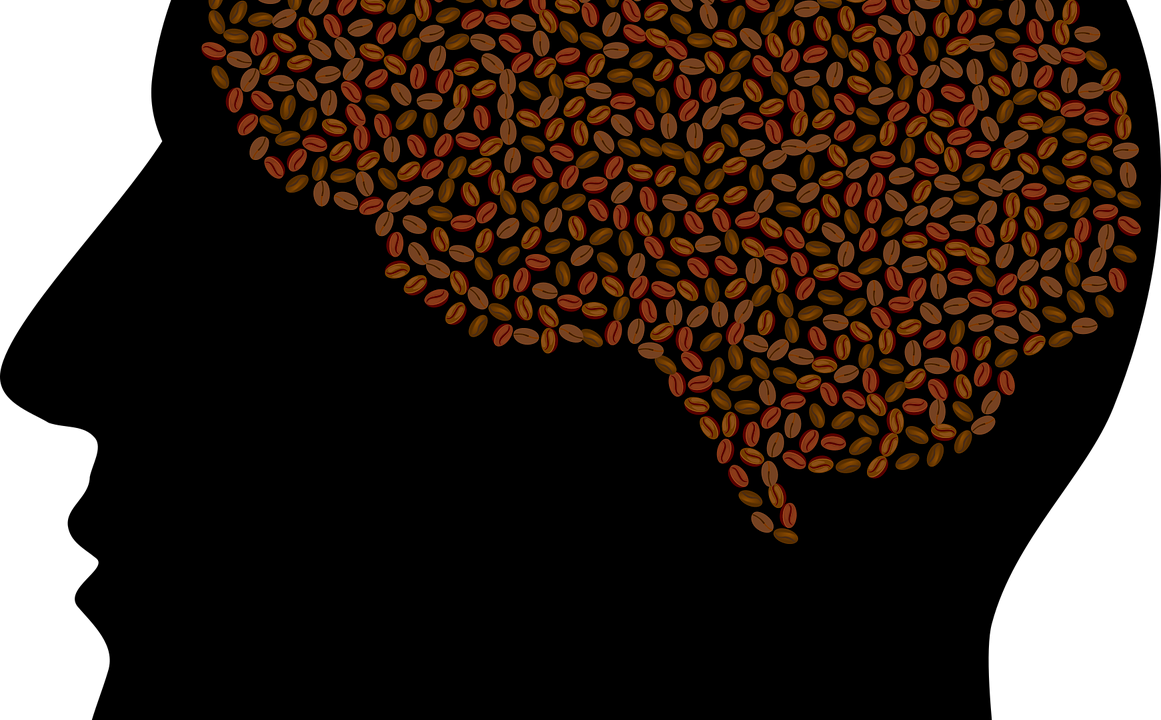
Caffeine is used to combat sleep pressure on a daily basis. However, interference with sleep–wake regulation could disturb neural homeostasis, according to new research results
A team of researchers from the University of Basel (Switzerland), University of Zurich (Switzerland) and University of Vienna (Austria) examined the impact of 10-day caffeine (3 × 150 mg/day) on human gray matter volumes (GMVs) and cerebral blood flow (CBF) by fMRI MP-RAGE and arterial spin-labeling sequences in 20 habitual caffeine consumers, compared with 10-day placebo (3 × 150 mg/day). Sleep pressure was quantified by electroencephalographic slow-wave activity (SWA) in the previous nighttime sleep.
Nonparametric voxel-based analyses revealed a significant reduction in GMV in the medial temporal lobe (mTL) after 10 days of caffeine intake compared with 10 days of placebo, voxel-wisely adjusted for CBF considering the decreased perfusion after caffeine intake compared with placebo. Larger GMV reductions were associated with higher individual concentrations of caffeine and paraxanthine.
In conclusion, daily caffeine intake might induce neural plasticity in the mTL depending on individual metabolic processes.
The paper featuring the research may be retrieved from the DOI: 10.1093/cercor/bhab005





